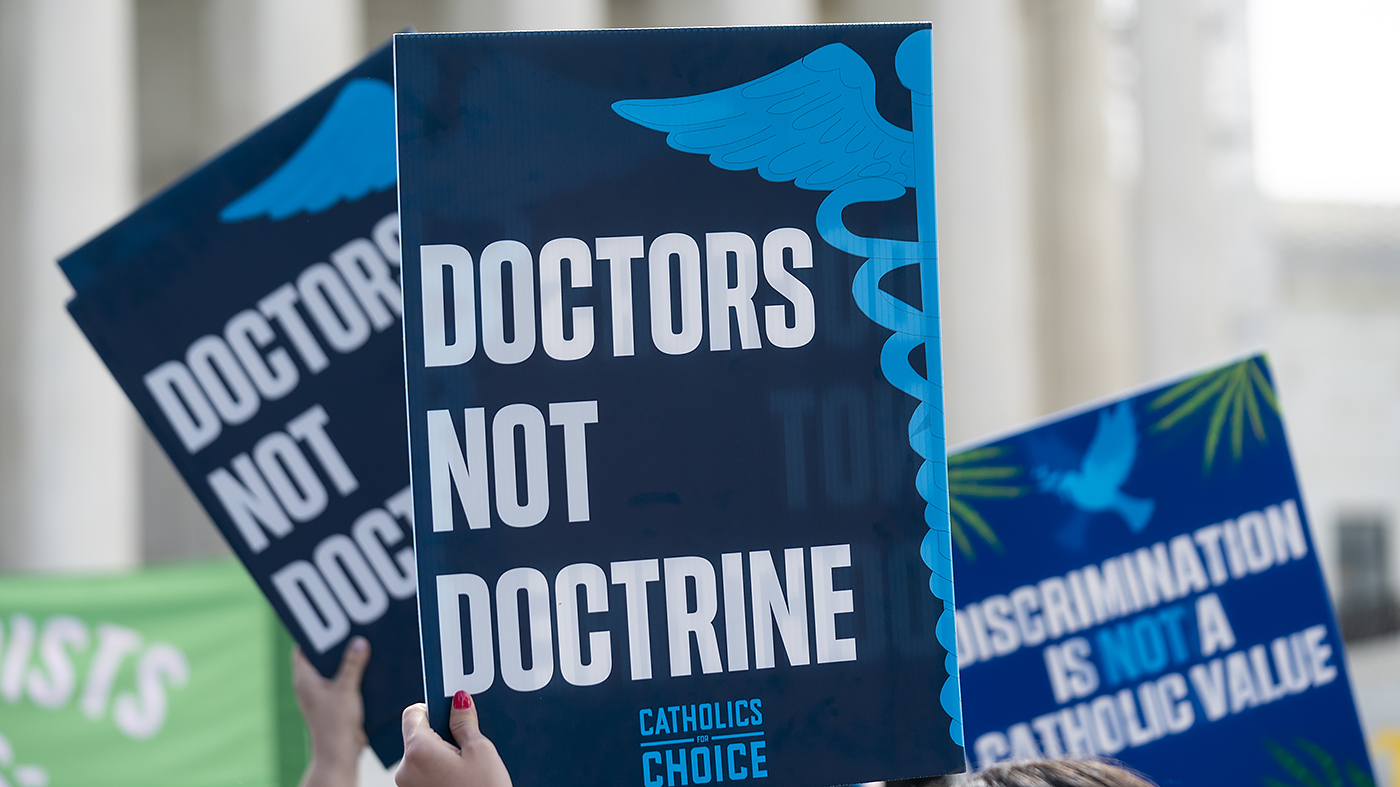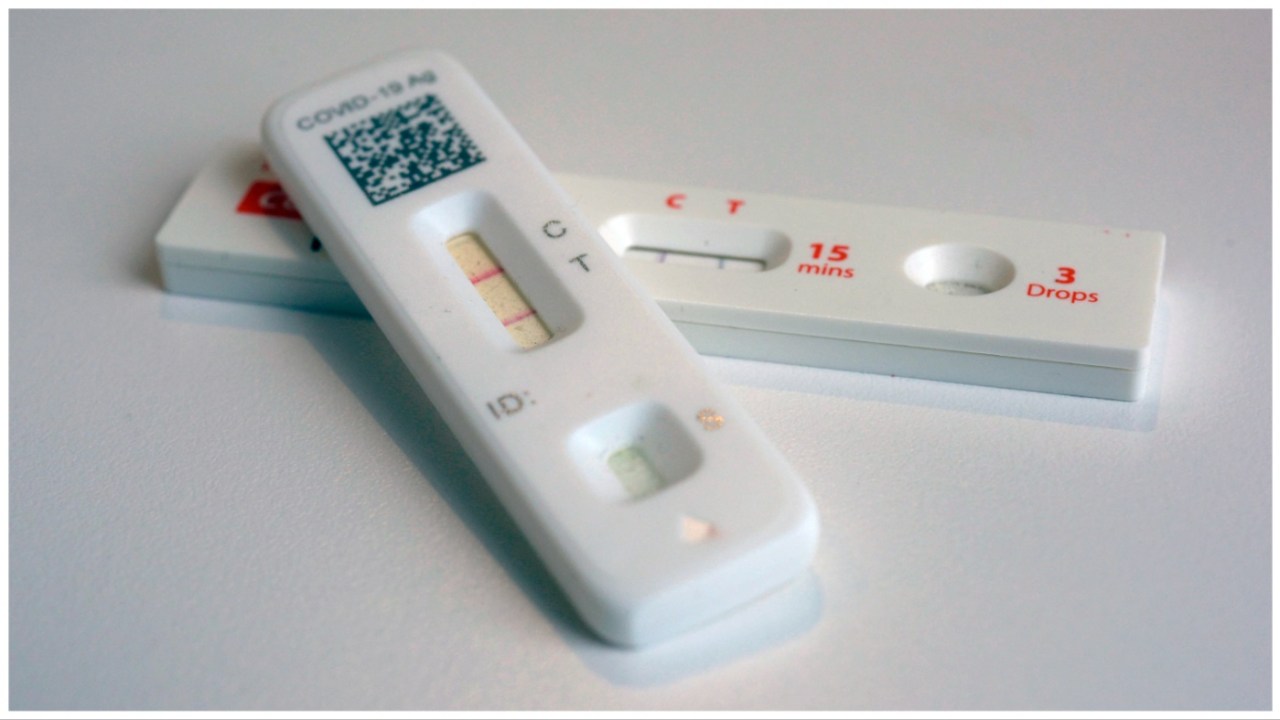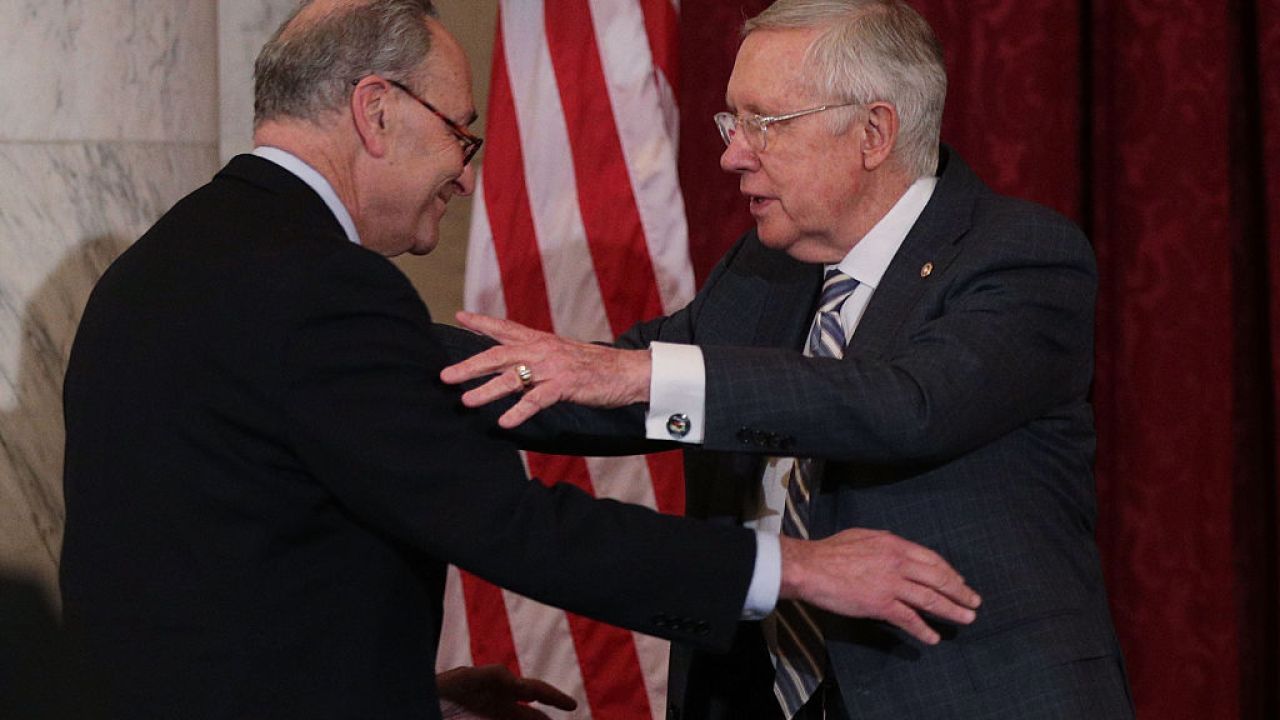Abortion access now is a state-by-state patchwork of laws. Doctors and pregnant women have expressed uncertainty over the laws and varying exceptions, but that confusion has apparently also spread to medical residents.
The continued decreased interest of medical students to train in states with abortion bans or restrictions “may negatively affect access to care in those states,” the Association of American Medical Colleges (AAMC) said.
The number of senior year medical school students who applied to a residency program in states with near-total abortion bans dropped by 4.2 percent in 2024 compared to last year.
Those numbers vary depending on physician specialty. There was a decrease in applications to specialty programs most likely to treat pregnant people and provide abortions like OB-GYNs and emergency medicine, but also among other slots like pediatrics and internal medicine.
In 2023, the year after Roe v. Wade was overturned, the number of applications to OB-GYN residency programs in states with near-total abortion bans dropped by nearly 12 percent.
In the most recent application cycle, applications to OB-GYN residency programs in states with the most restrictive abortion bans decreased by 6.7 percent, according to the data snapshot, compared with a 0.4 percent increase in states where abortion remains legal.
The number of applications to pediatric residency programs in states with near-total abortion bans dropped by 17.3 percent this year — the most out of all the specialties.
Applications to family medicine residency programs in states with near-total abortion bans among medical school seniors decreased by 5.2 percent in the 2023-24 cycle.
Meanwhile, applications to internal medicine residency programs in states with near-total abortion bans declined by 7.9 percent in the most recent cycle.




















